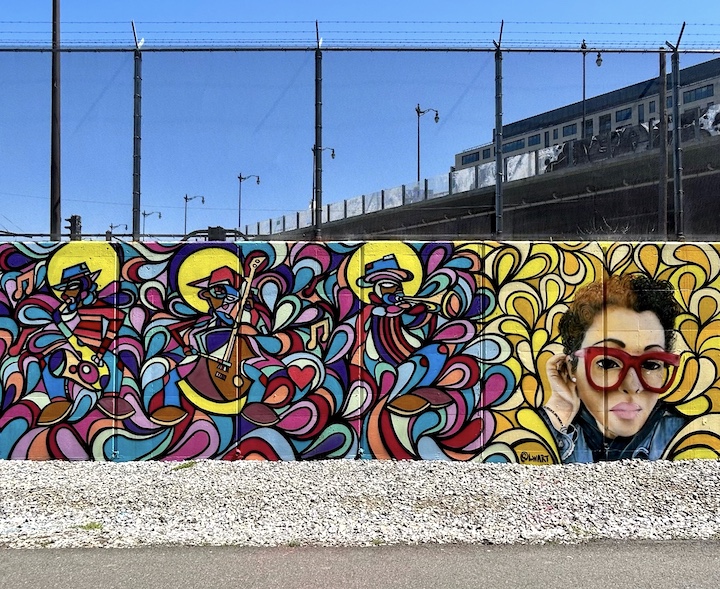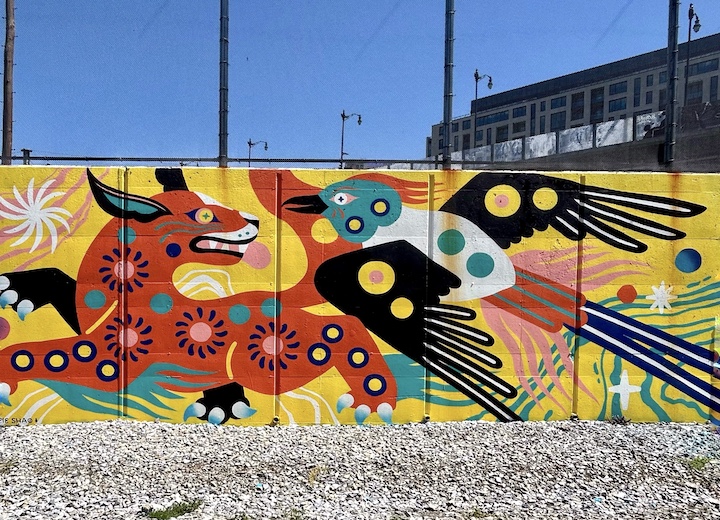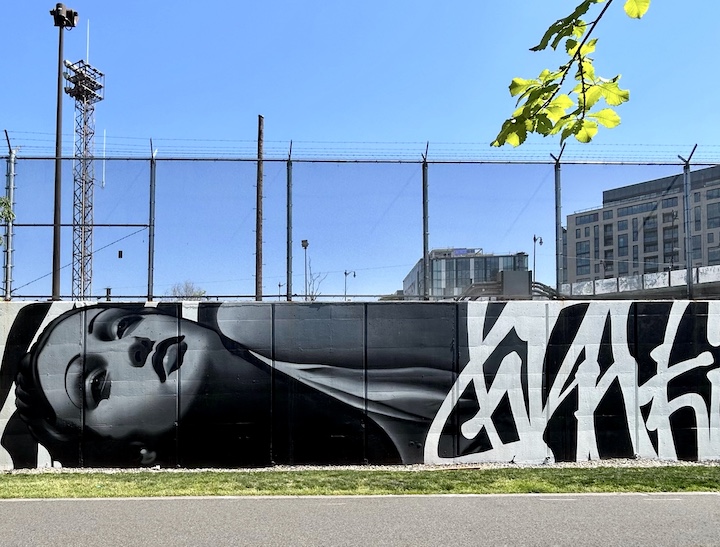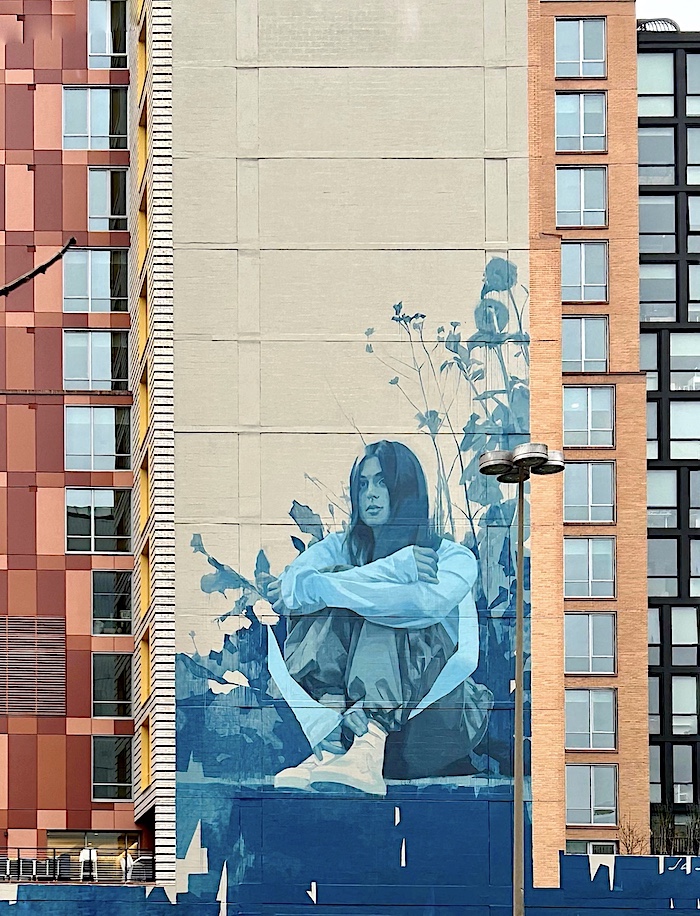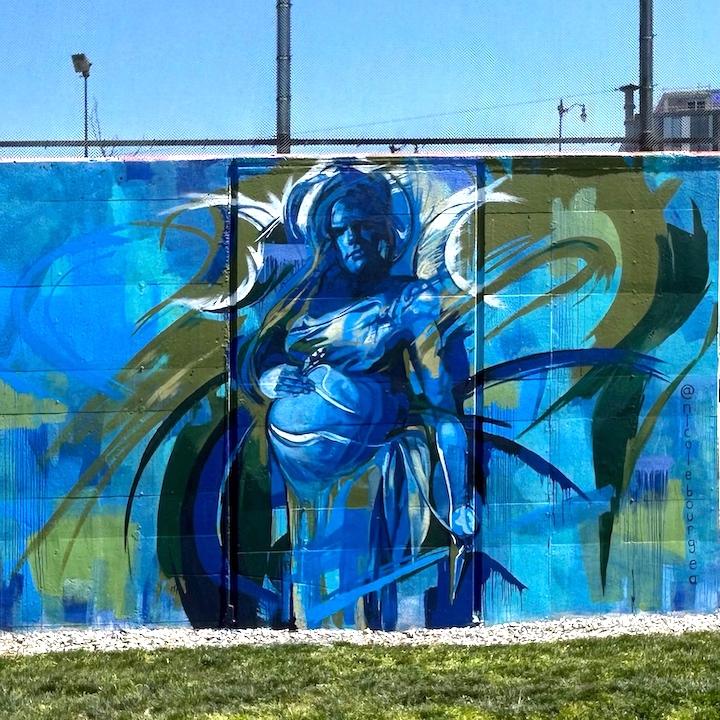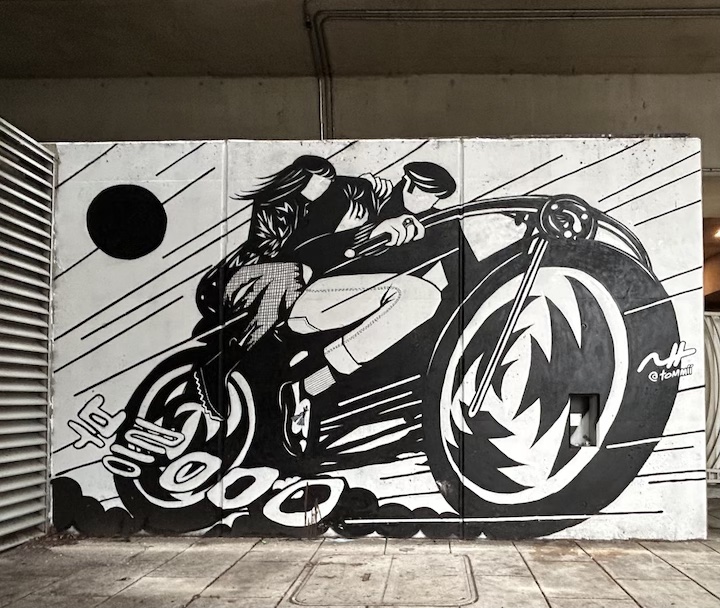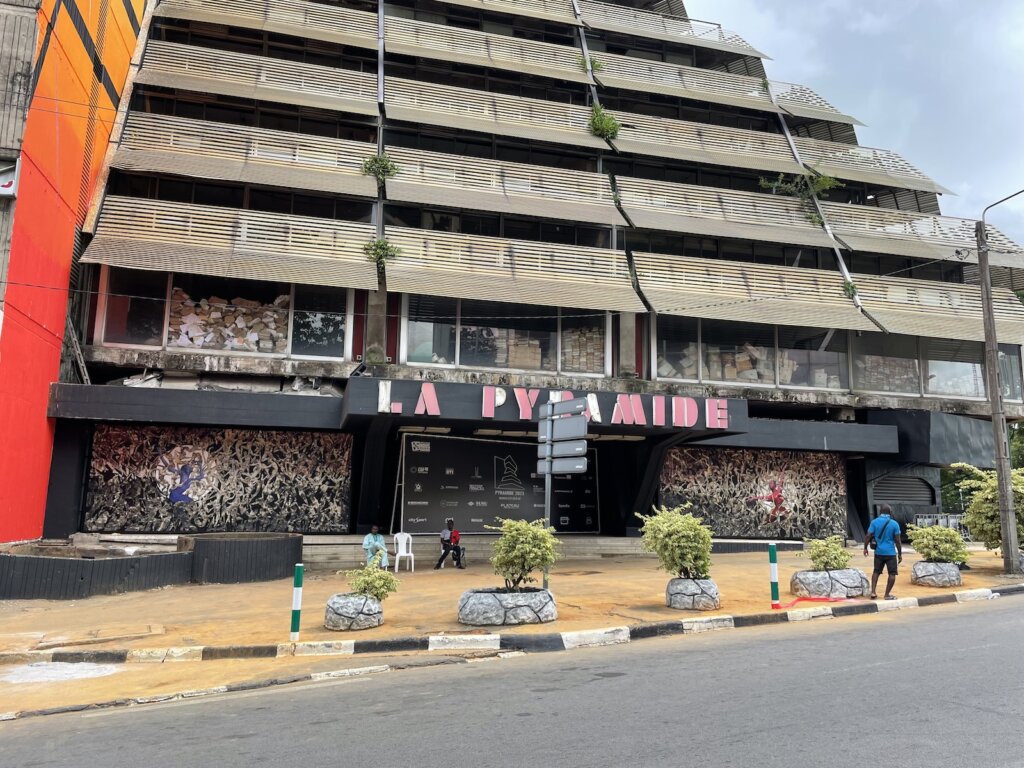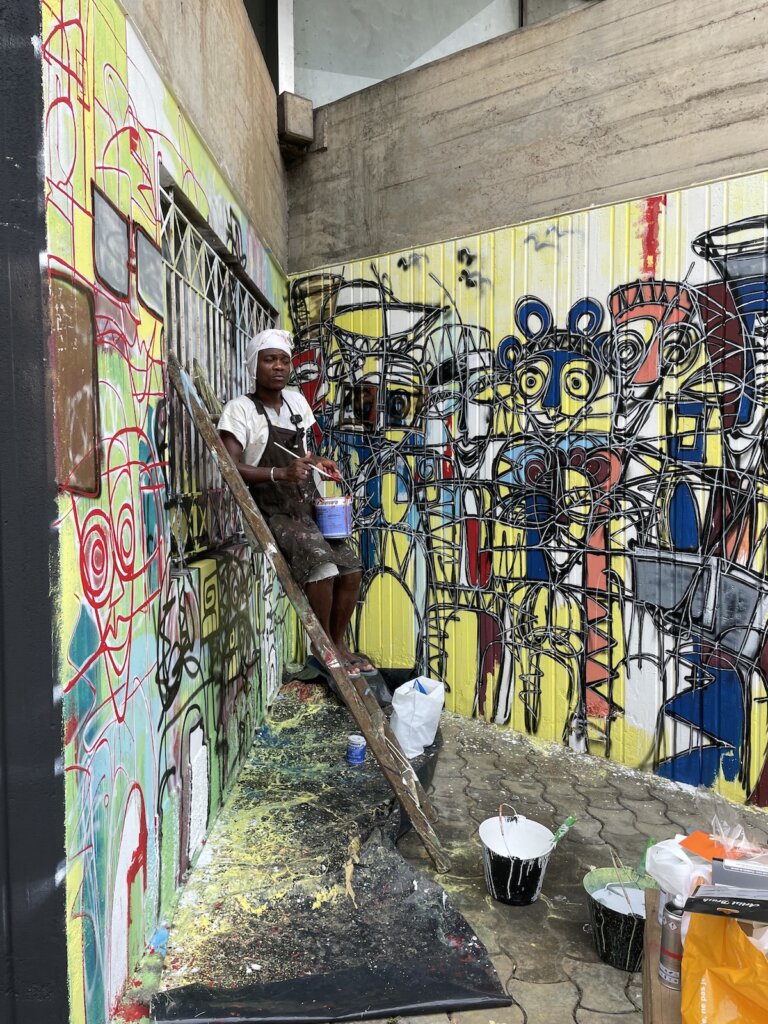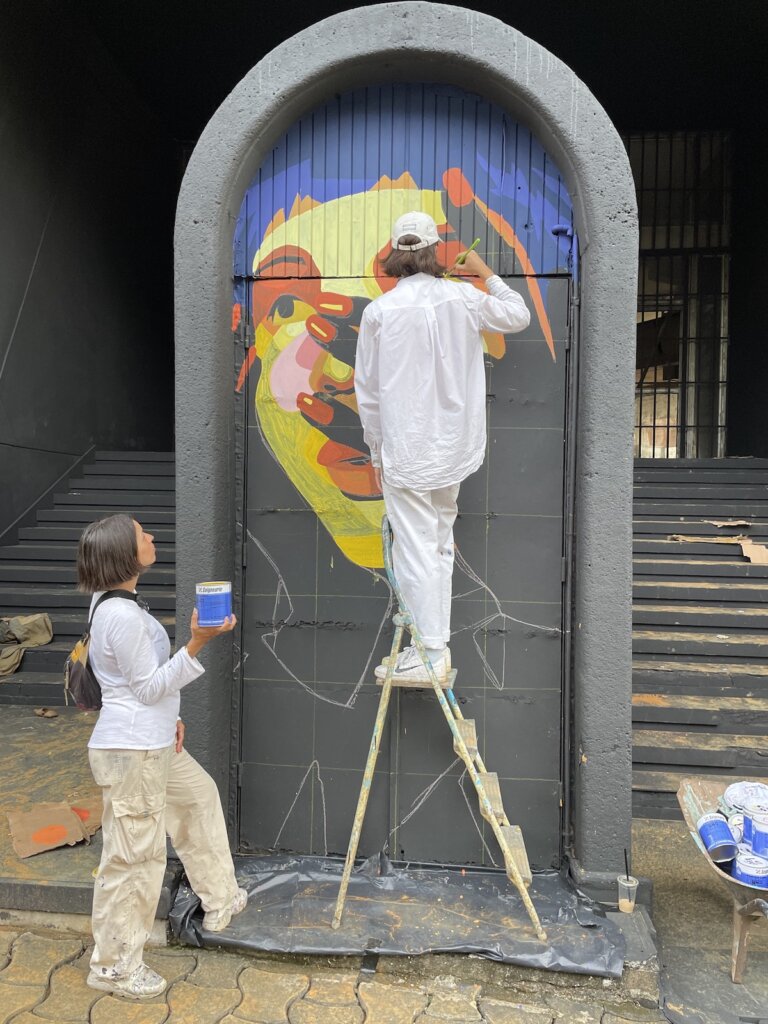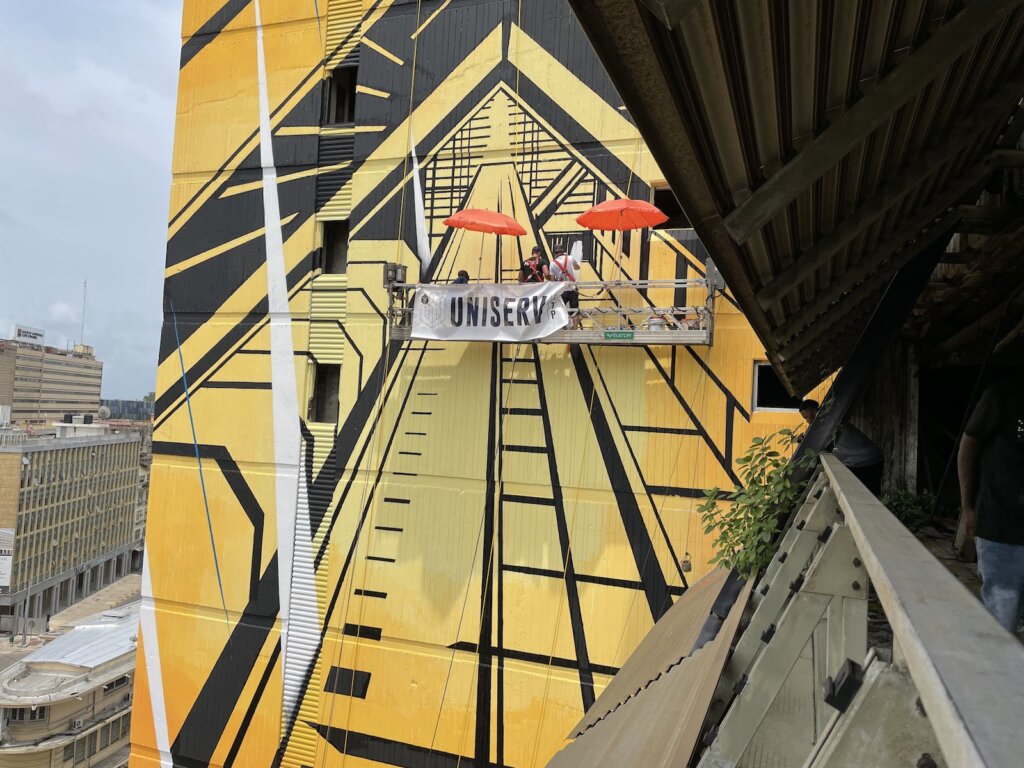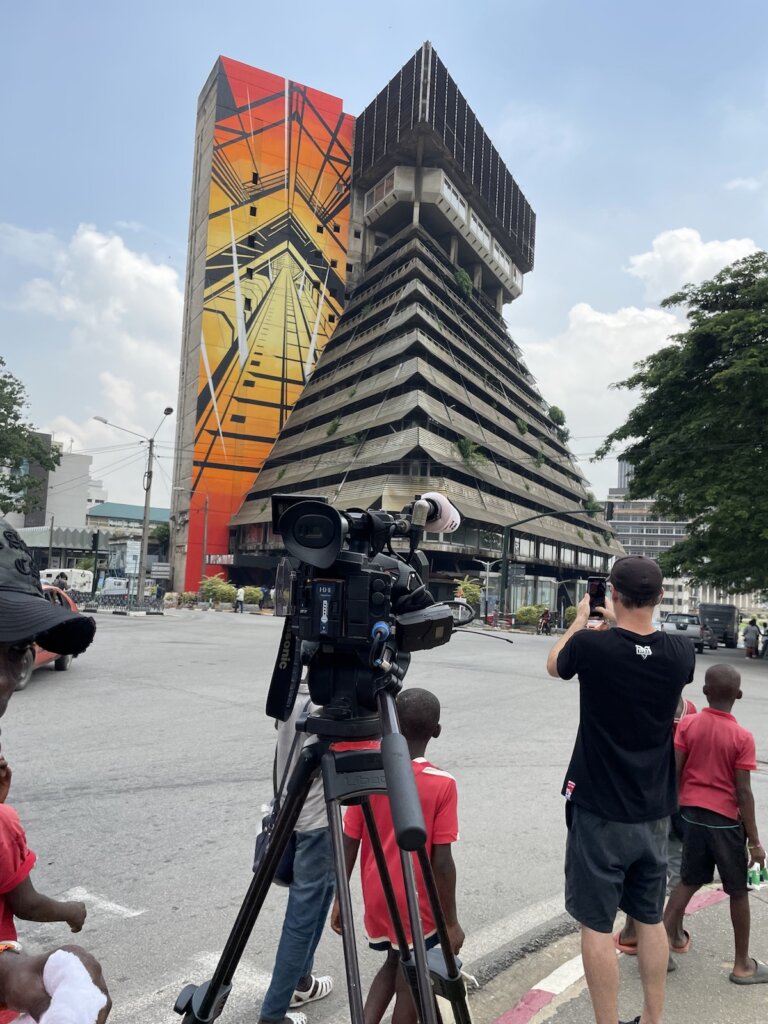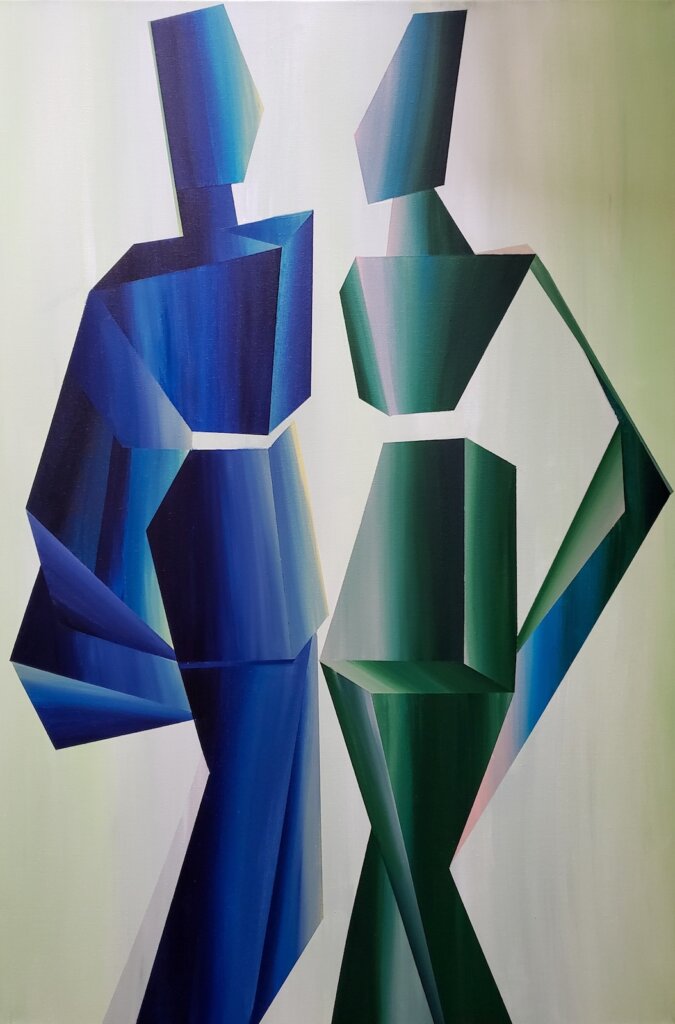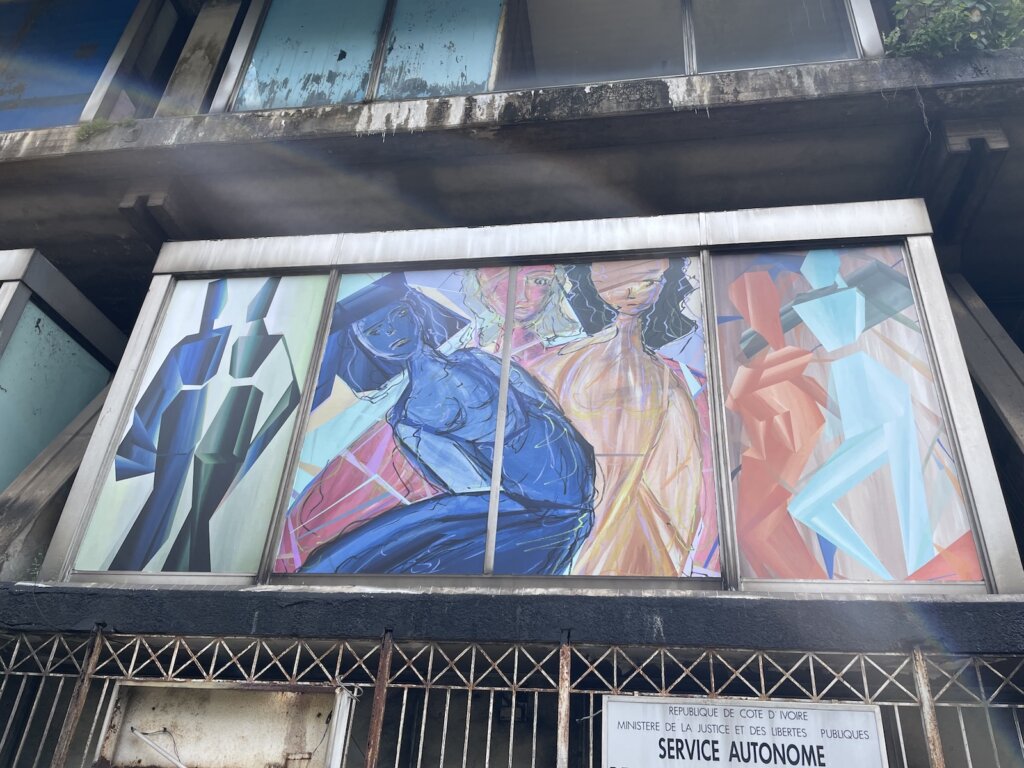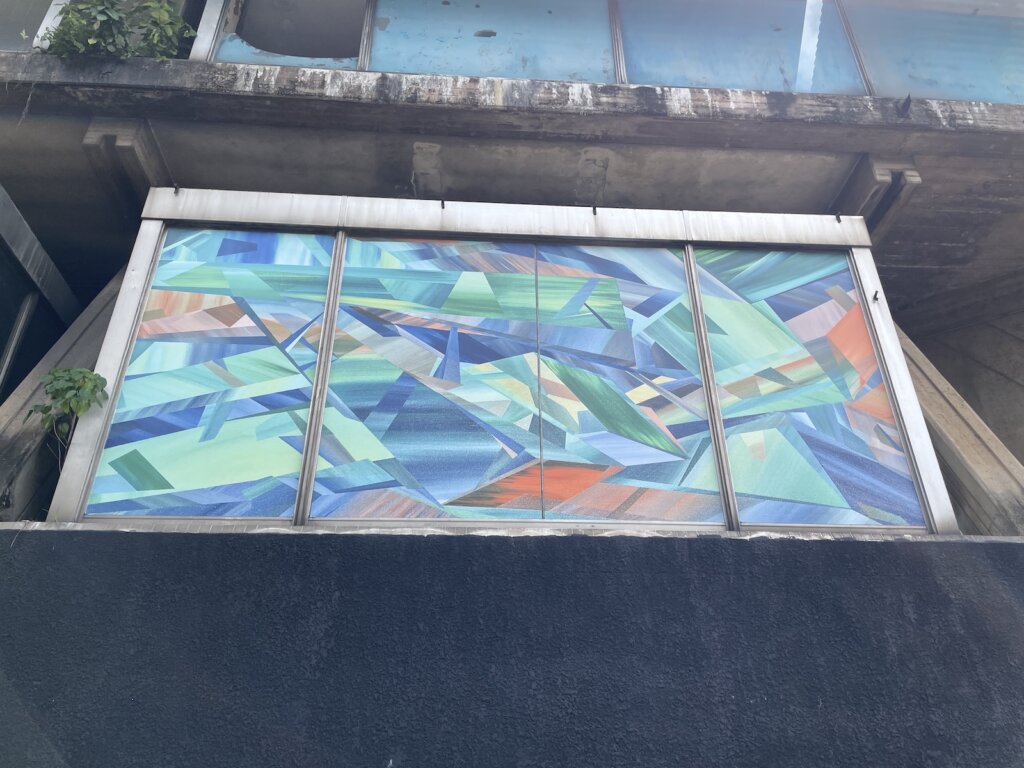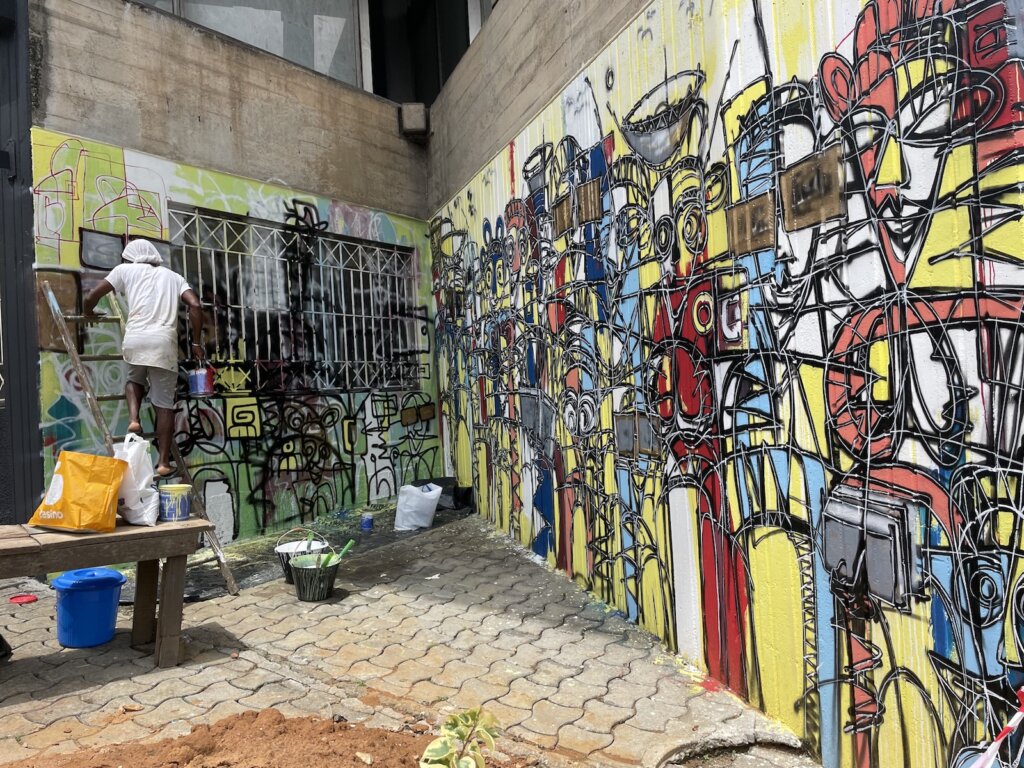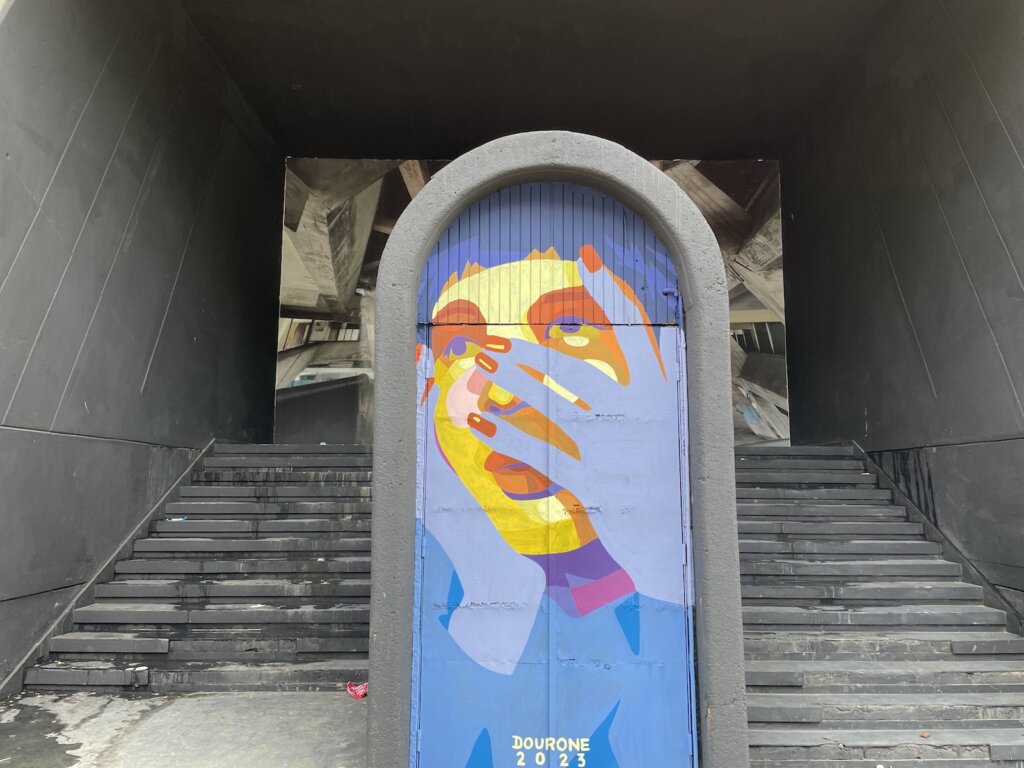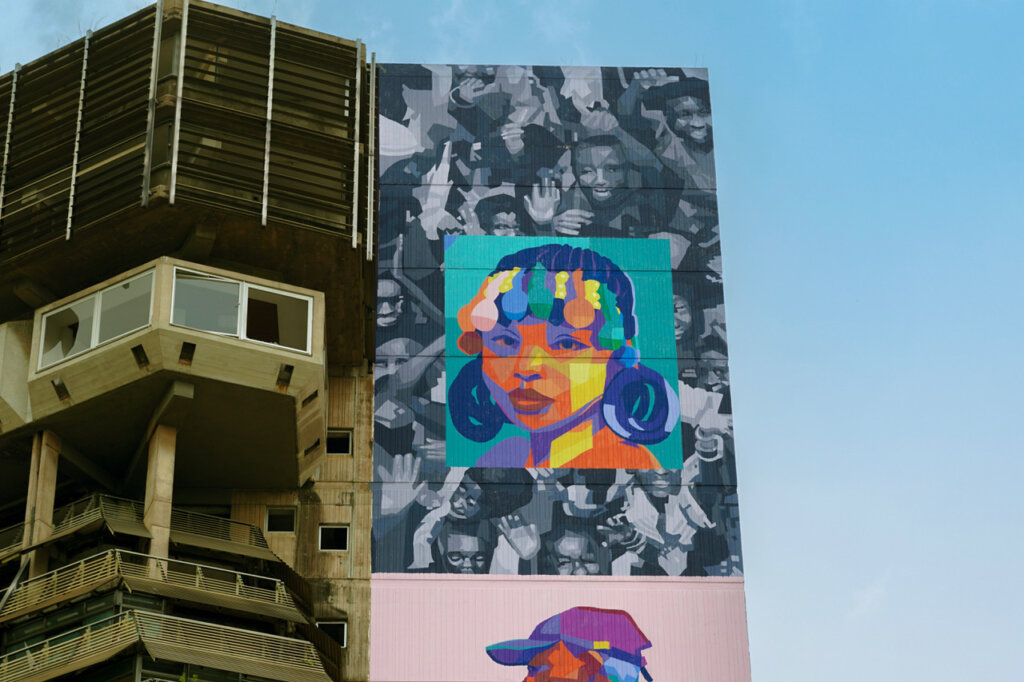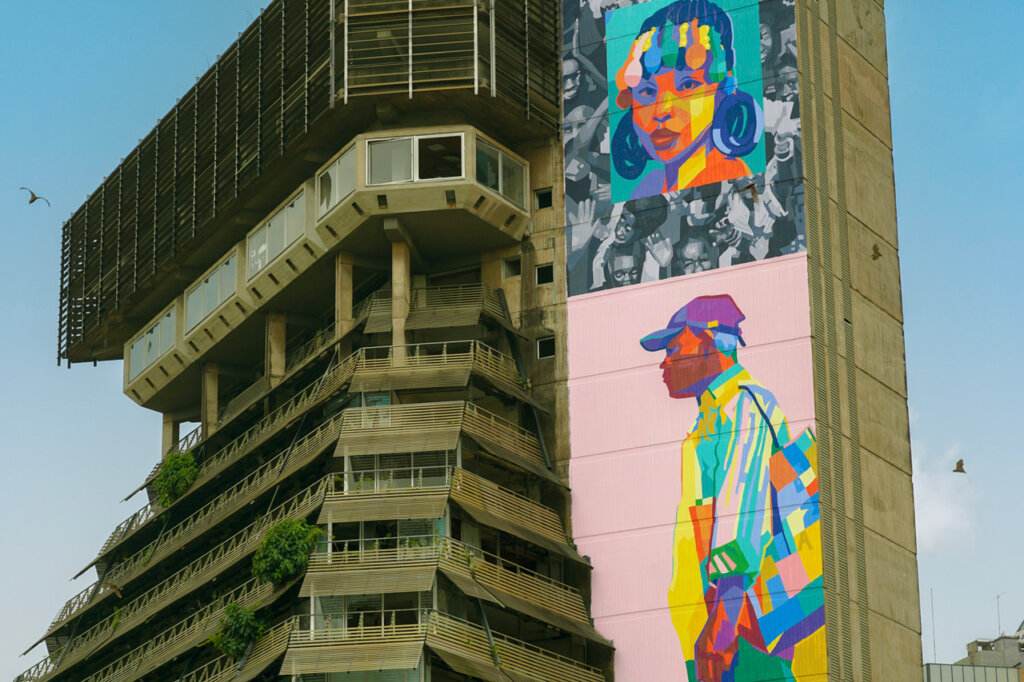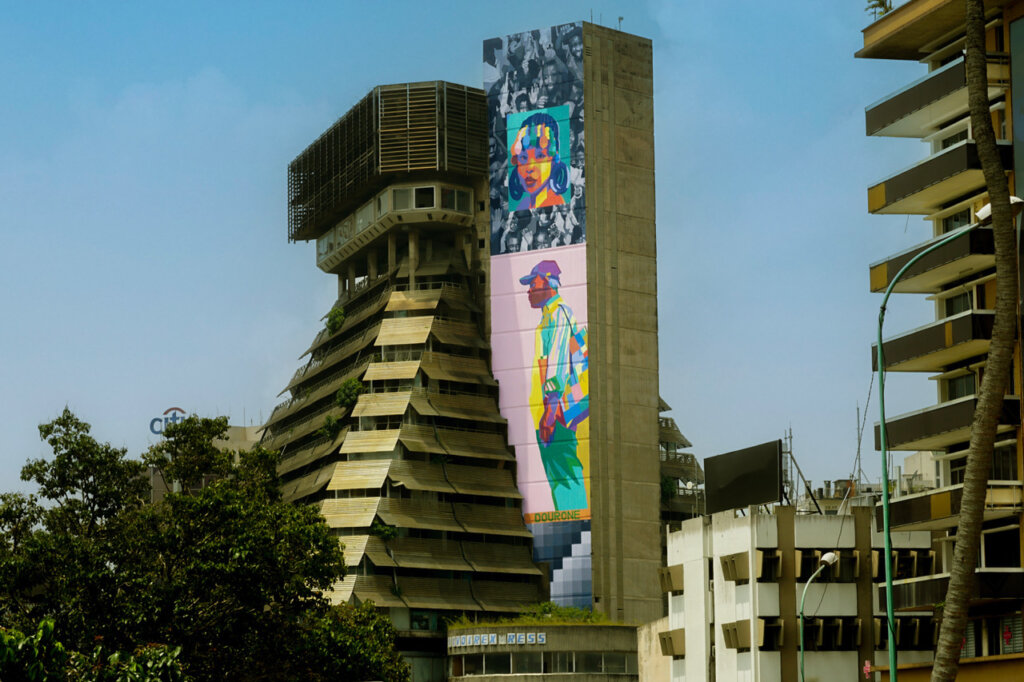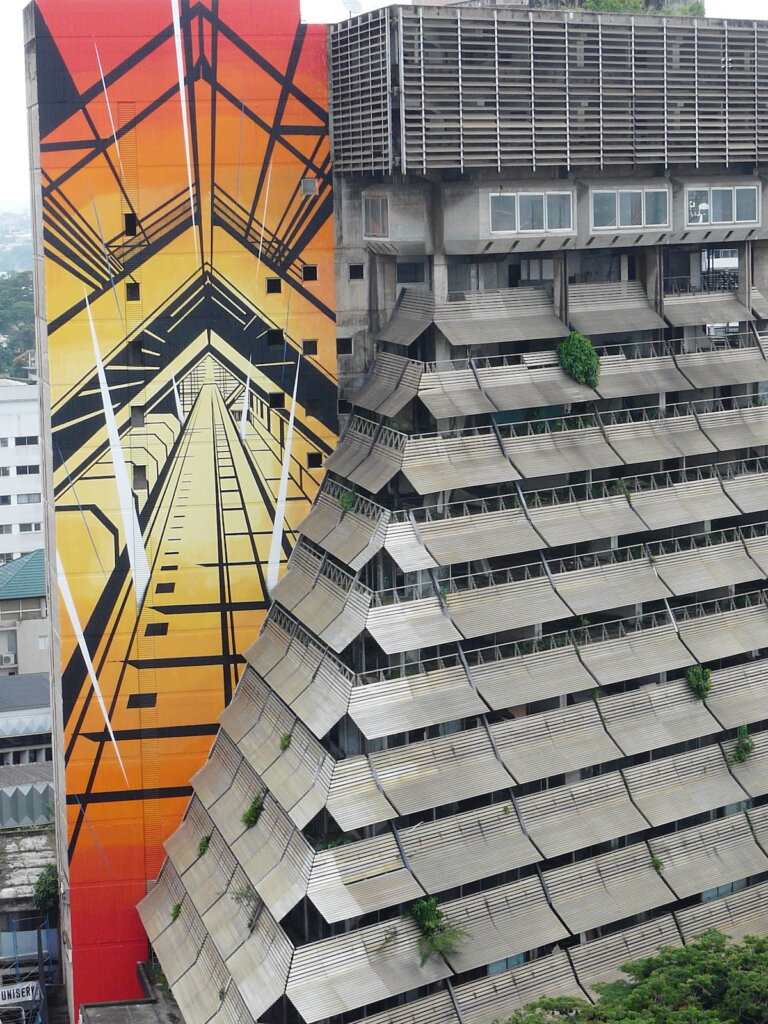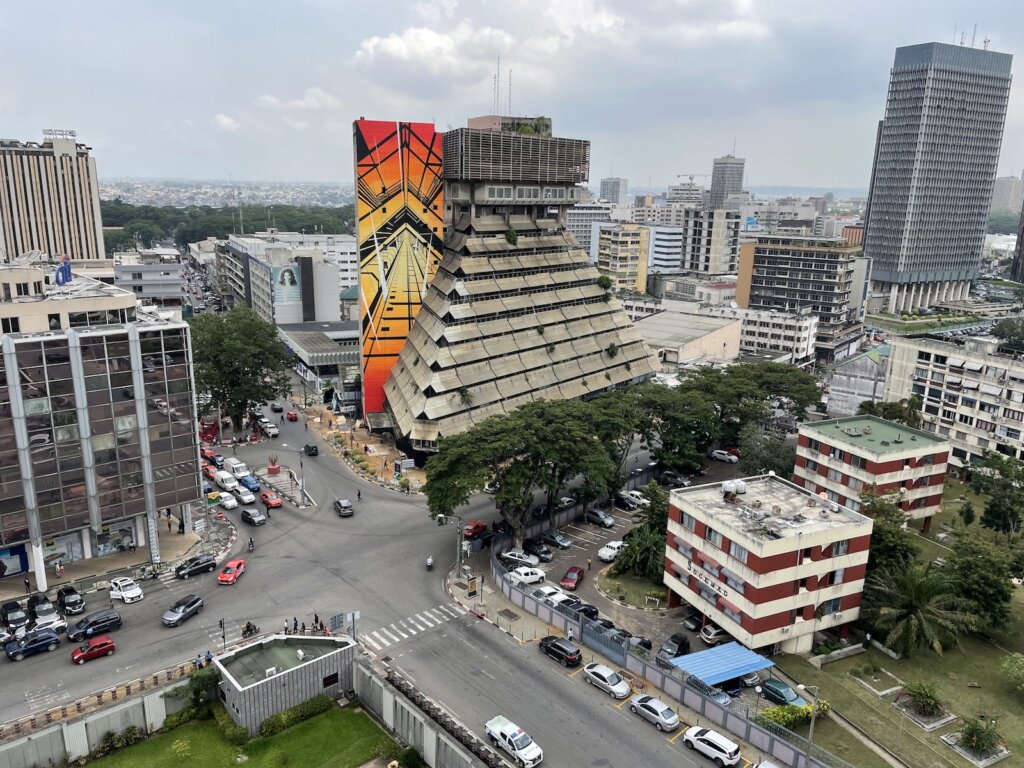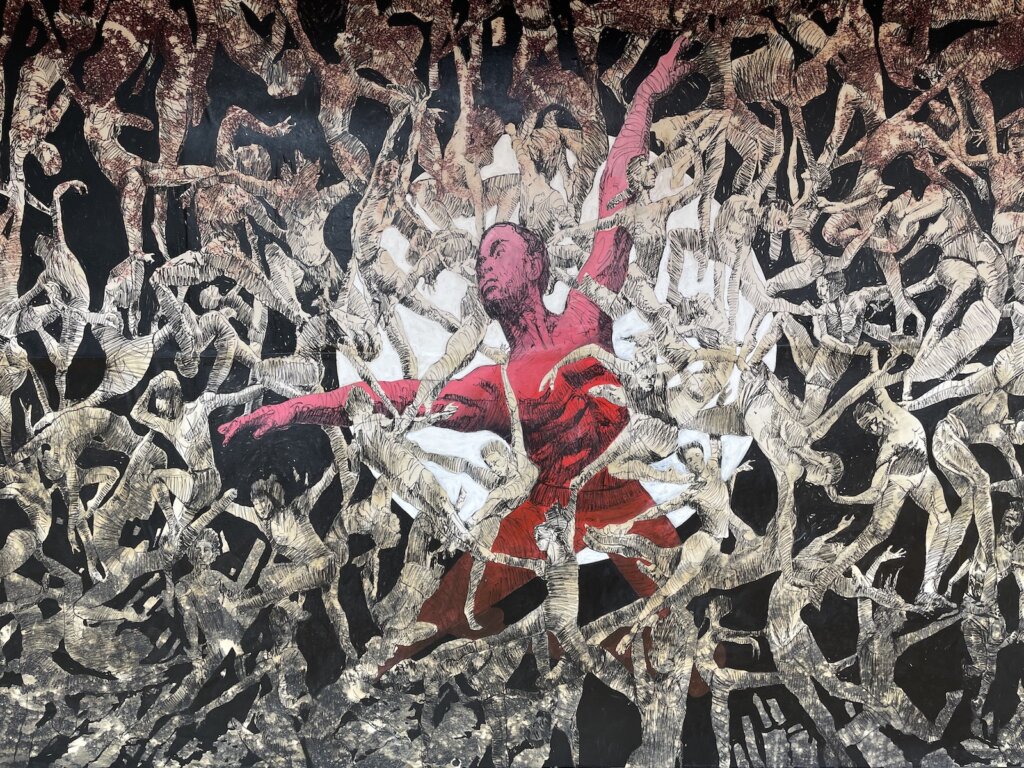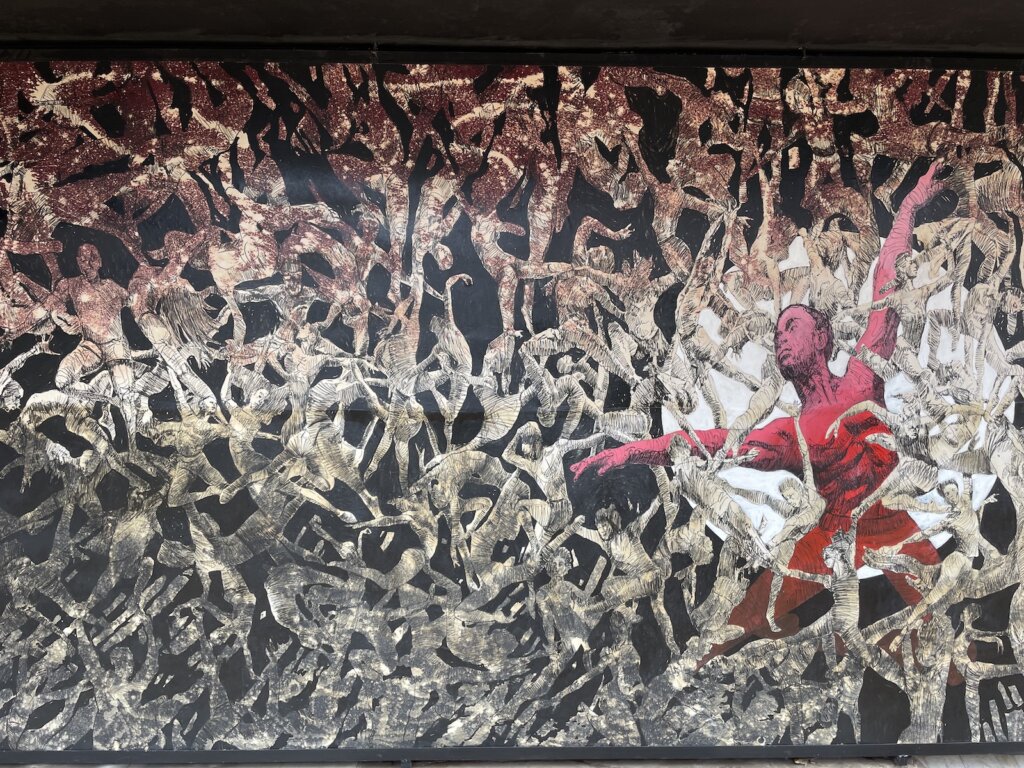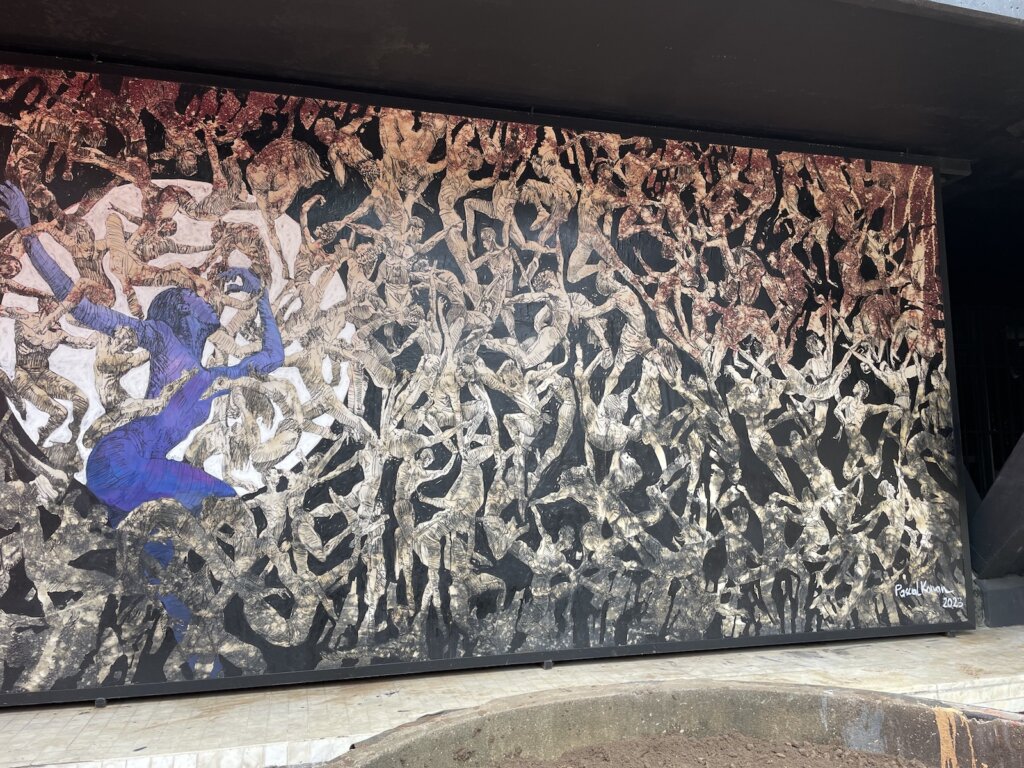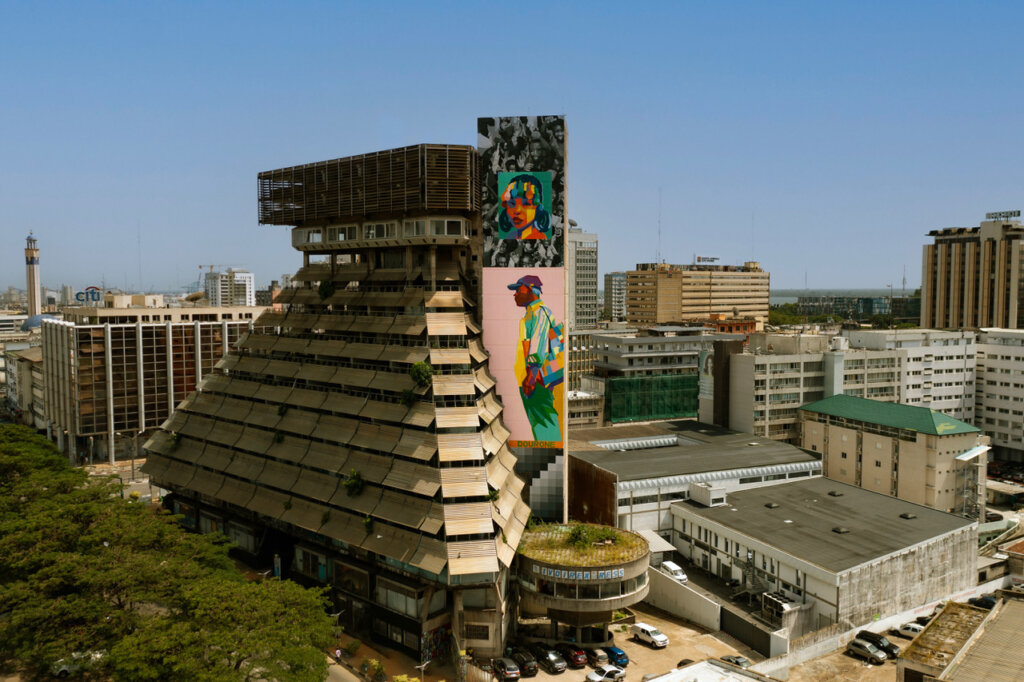Fighting for basic human rights is quite an understatement for the Beiruti in me. From the right to health, education, water, electricity – not to mention basic women and people with challenges’ rights for equality – the list is endless and has literally become a survival roadmap for any local. Yet one basic and global human right transcends it all: the right to breathe. Splash and Burn and Greenpeace Malaysia have something to say about that.

Originally developed as an awareness campaign to bring attention to the unregulated farming practices of Palm Oil in Indonesia, Splash and Burn has partnered in the past year with Greenpeace to put on the map the key issue of transboundary haze.
Haze is an air-borne mixture of pollutants which include dust, carbon dioxide and other toxic gases. It comes from natural sources such as wildfires, but also from manmade sources that include motor vehicles, electric utility, industrial fuel burning and manufacturing operations. Particles from haze pollution contribute to acid rain formation which can make lakes, rivers and streams unsuitable for fish, thus damaging sensitive ecosystems, while some of the air pollutants are toxic and harmful to human health.
Dangerous haze levels occur during the dry season in some Southeast Asian nations with the rise of the southwest monsoon. This compelled the Association of Southeast Asian Nations (ASEAN) to sign in 2002 an agreement on Transboundary Haze Pollution in an effort to reduce haze pollution.

Twenty-one years later, and with the catastrophic increase of the transboundary haze pollution, Splash and Burn joined forces with Greenpeace in an effort to creatively bring awareness to the matter and demand accountability from major polluters. Their objective is to present a petition at the upcoming ASEAN meeting due to take place in June 2023 in Singapore. While the purpose of the scheduled June ASEAN meeting is to develop a new roadmap for the original 2002 Agreement, Splash and Burn and Greenpeace are aiming with their petition to have the protection of the right to clean air written into law.
 Curated by Lithuanian Artist Ernest Zacharevic and coordinated by Creative Director Charlotte Pyatt, Splash and Burn has collaborated with incredible talents through the past years, offering a creative platform for organizations fighting for positive change – and this current initiative is no different. Indeed and over the past year, five interventions took place with Ernest and a South East Asian roster of talent including Cloackwork, Pangrok Sulap, Kai Yi Wong, Fahmi Reza, Trina Teoh, Trexus, Asia Ballet Theatre and Bibichun, all culminating into an exhibition earlier this year that was held in Kuala Lumpur, hosting an impressive panel of artists, filmmakers, and activists while sharing educational and creative workshops.
Curated by Lithuanian Artist Ernest Zacharevic and coordinated by Creative Director Charlotte Pyatt, Splash and Burn has collaborated with incredible talents through the past years, offering a creative platform for organizations fighting for positive change – and this current initiative is no different. Indeed and over the past year, five interventions took place with Ernest and a South East Asian roster of talent including Cloackwork, Pangrok Sulap, Kai Yi Wong, Fahmi Reza, Trina Teoh, Trexus, Asia Ballet Theatre and Bibichun, all culminating into an exhibition earlier this year that was held in Kuala Lumpur, hosting an impressive panel of artists, filmmakers, and activists while sharing educational and creative workshops.
This took place in par with a series of panel discussions moderated by Environmental activist Melissa Tan, while long time collaborators Studio Birthplace premiered a new short film “Haze-illa” that touched on corporate greed and environmental destruction. “We hope this film will serve as a catalyst for change, inspiring viewers to speak up and demand a more sustainable future” explains Studio Birthplace.

It is a known fact that the purpose of art is to provoke, in an effort to create a change of some sorts. This is what the producers of this event are hoping for. Following a landmark complaint from Greenpeace with the Human Rights commission in December 2021, this creative initiative is indeed seeking legislative change through the enactment of a Transboundary Haze Pollution Act, or Clean Air Act to hold polluters to account. The issue is now with experts pending a review that will issue new policy recommendations to the Malaysian Government.

“We need a Transboundary Haze Pollution Act so that it can provide legal grounds to institutionalize checks and balances to ensure that Malaysian companies are not contributing to haze locally and abroad” said Heng, Greenpeace Malaysia’s lead campaigner.
Pipe dreams? Ironic play of words considering the subject matter. Yet this is not what Ernest Zcharevic thinks. “We want to encourage conversation and creative intervention to inspire action. Talking with a friend or family member or posting on socials is better than silence, we want to keep the issue present so that those responsible are held to account”, he says.
For at the end of the day, it all boils down to properly communicating the message and creating out-of-the-box, provocative, and original artistic awareness so we may all be mindful of the situation, even if we live on a different continent, even if we live in downtown Beirut.
The post My Right To Breath first appeared on street art united states.
by Myriam Shwayri via street art united states


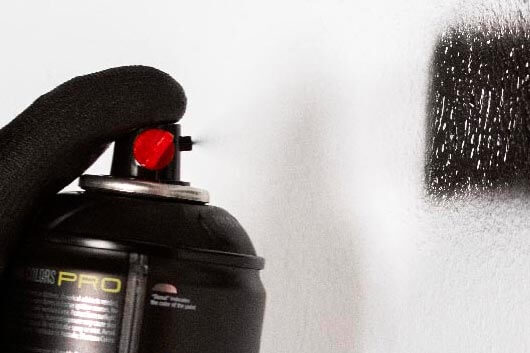
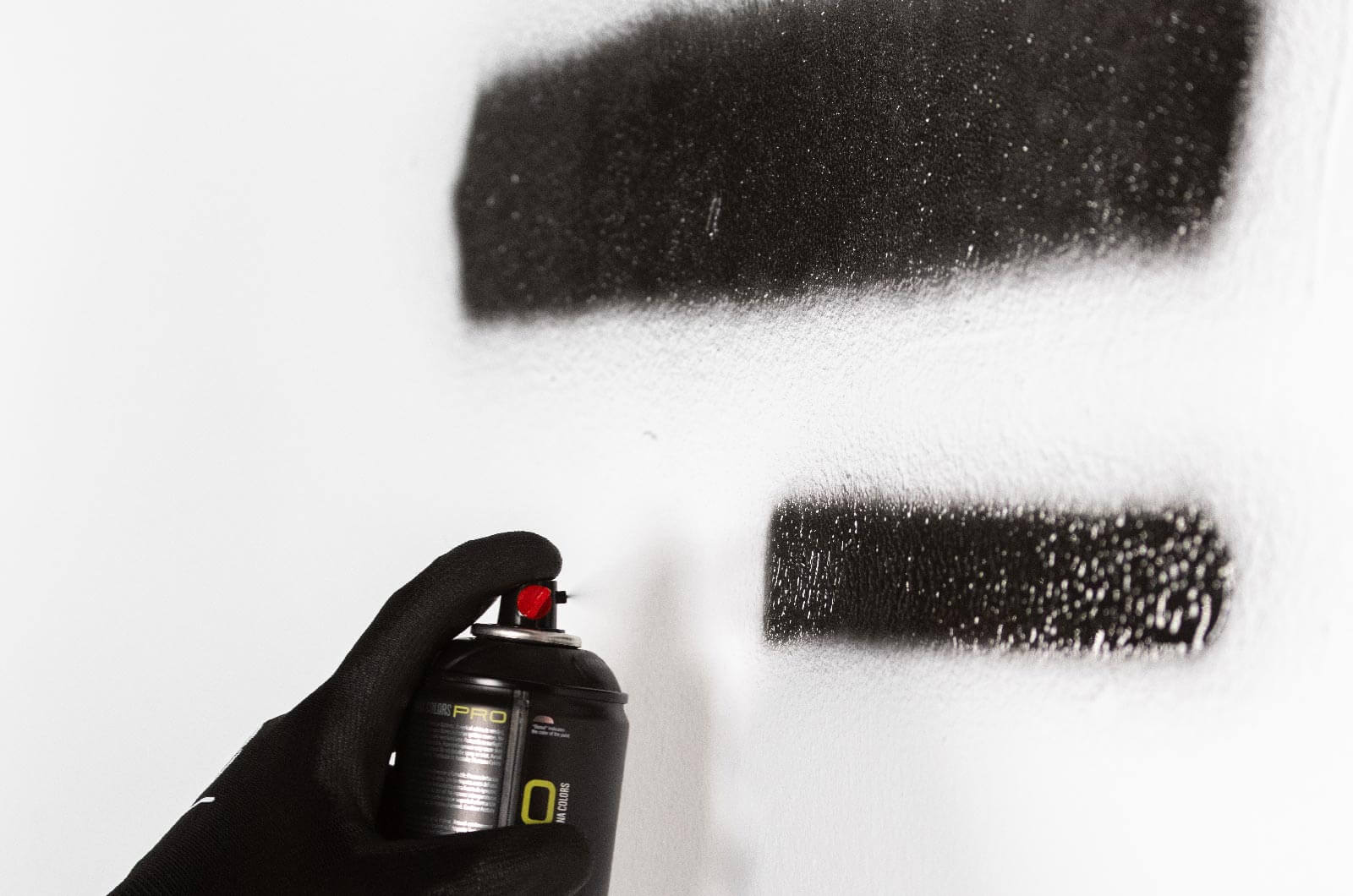
 Thus, this innovative diffuser synthesizes the Transversal Varnish Cap and the Transversal Fat Cap in a single piece, hence being specially designed for uses such as …
Thus, this innovative diffuser synthesizes the Transversal Varnish Cap and the Transversal Fat Cap in a single piece, hence being specially designed for uses such as …

